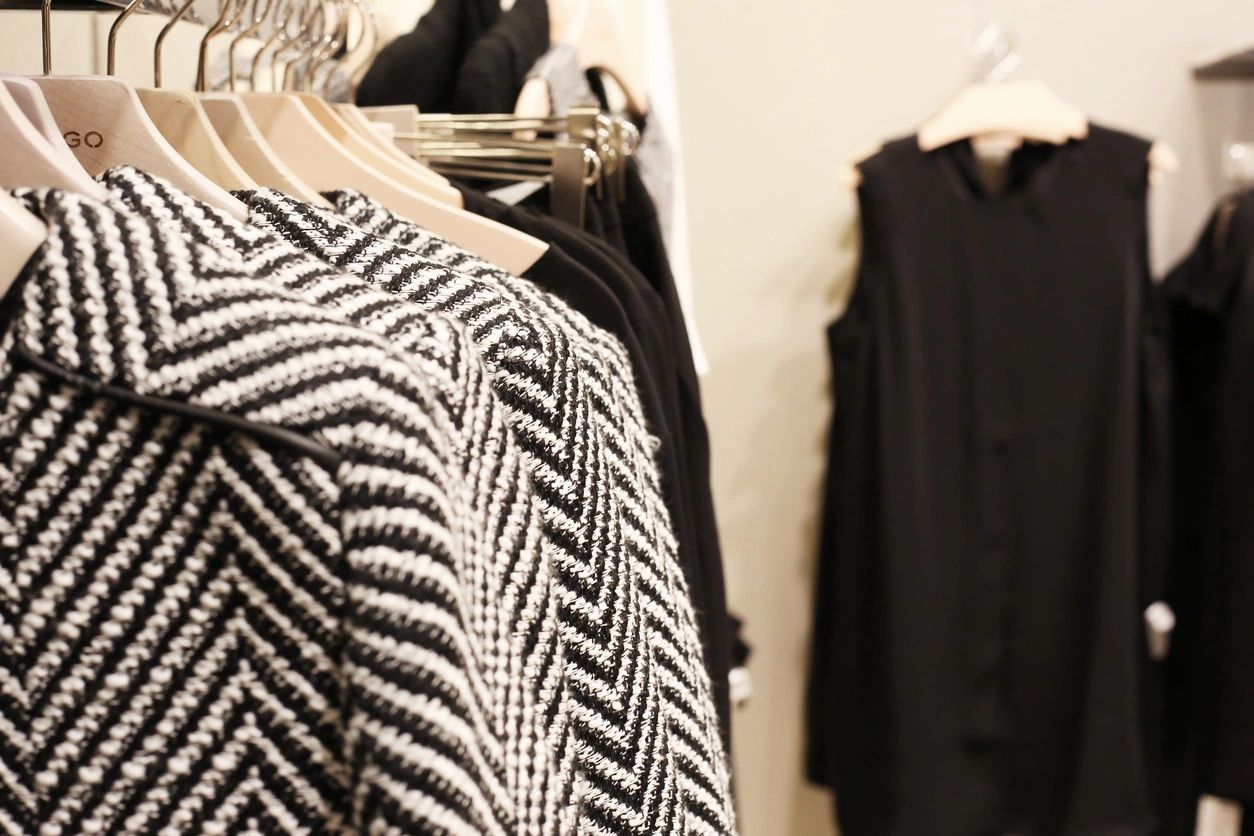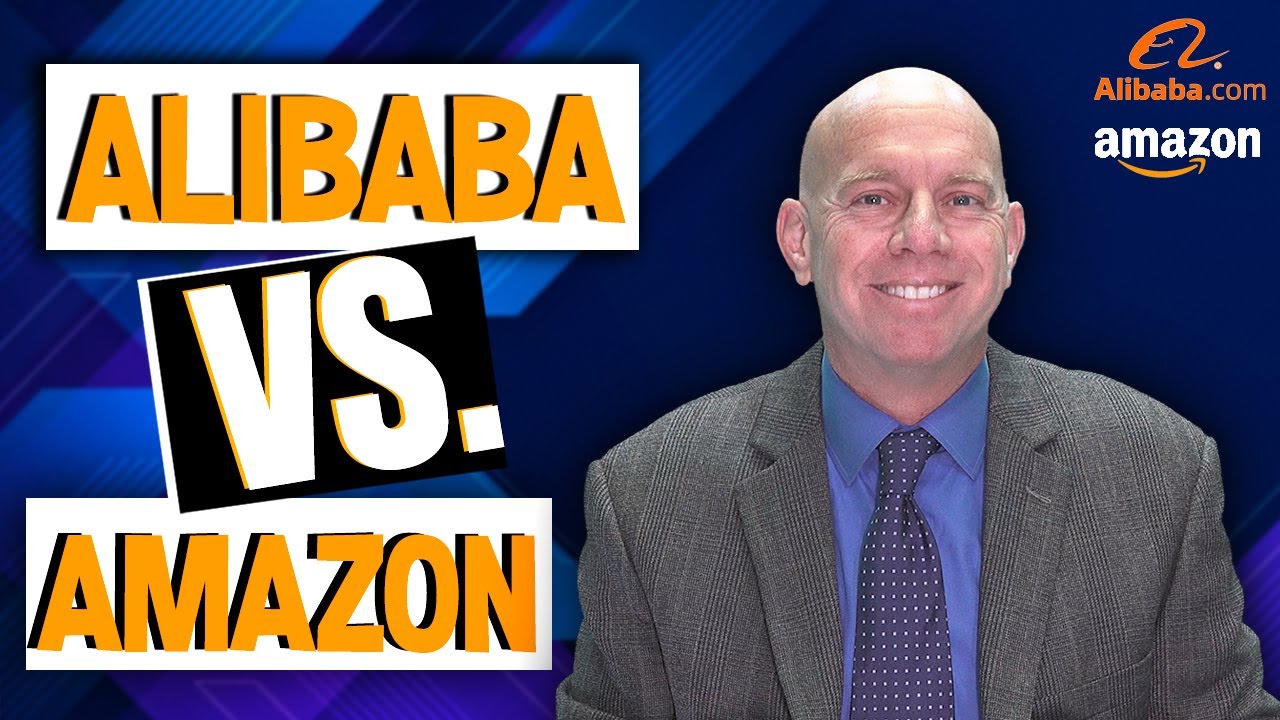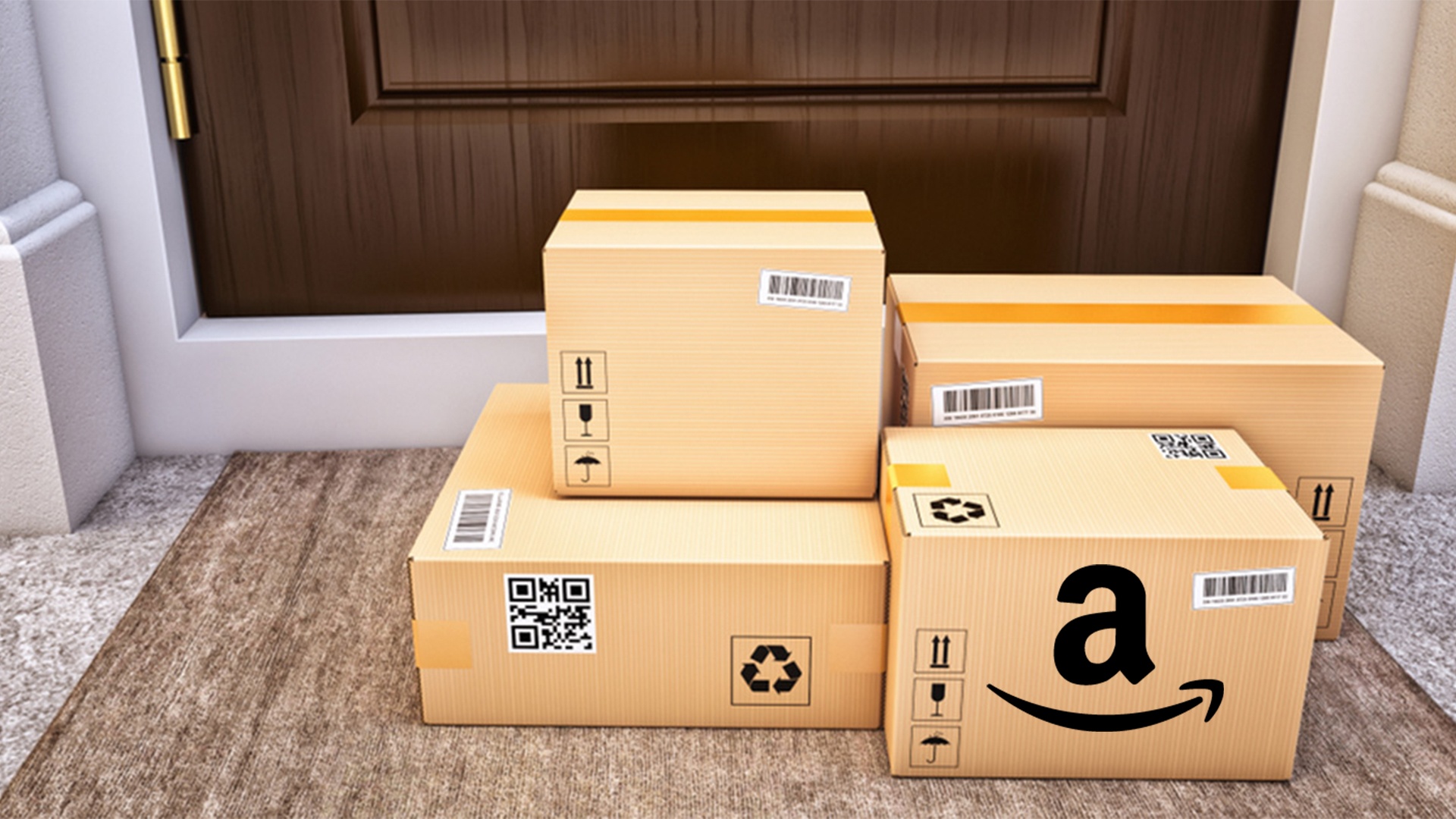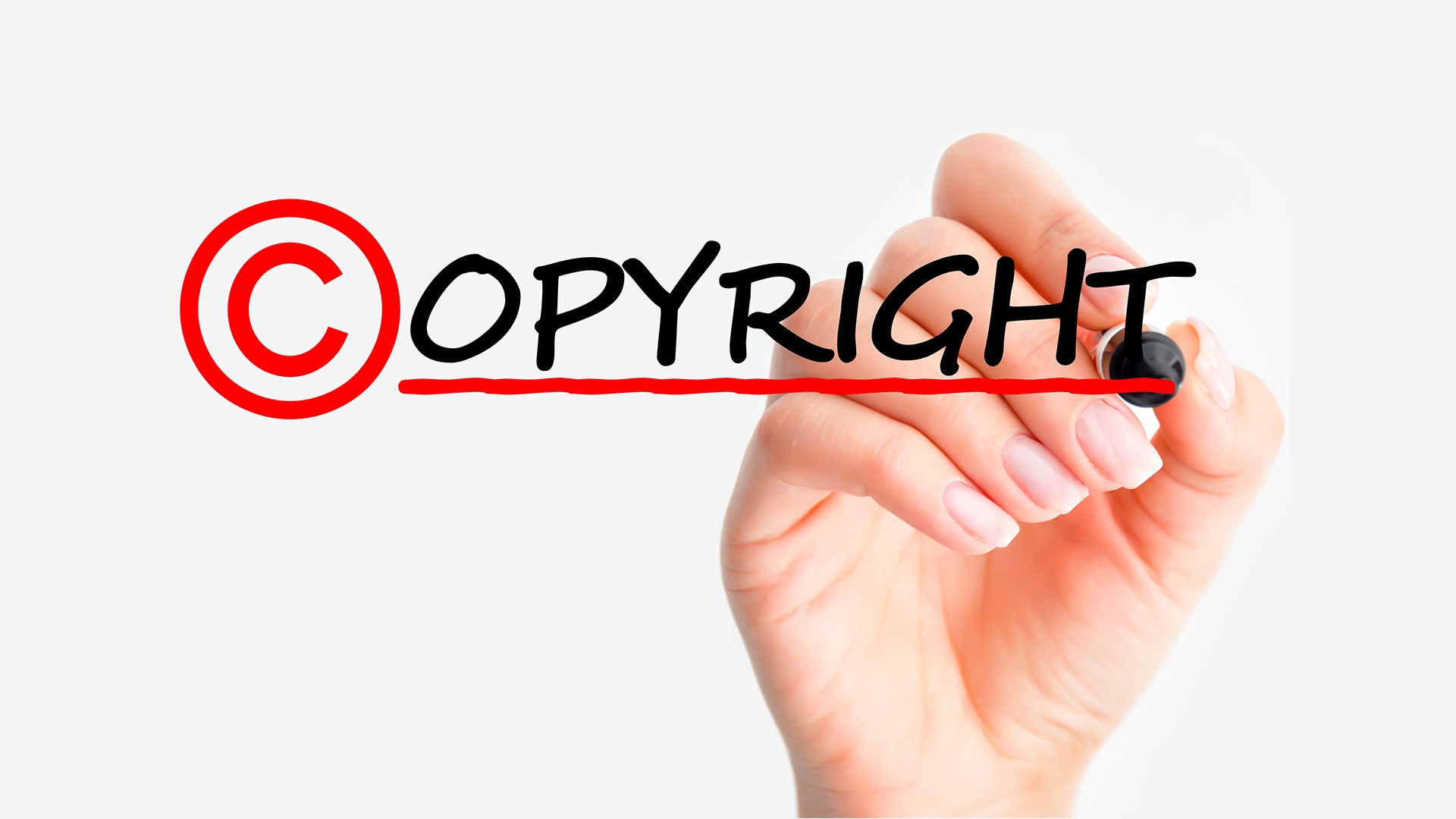
Copyright in China and the United States: A Juxtaposition
United States and Chinese Intellectual Property: An Introduction
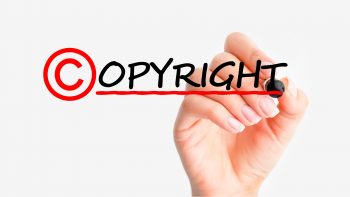 Before grasping your intellectual property rights in China, it is crucial to understand the ins and outs of U.S. intellectual property, to make sure that the cross-over is a smooth one.
Before grasping your intellectual property rights in China, it is crucial to understand the ins and outs of U.S. intellectual property, to make sure that the cross-over is a smooth one.
One of the most prevalent problems that Amazon Sellers run into in the U.S. has to do with trademarks. In this case, a company or brand will file an unjustifiable complaint with Amazon stating that the Amazon Seller has violated their trademark, saying that the Seller’s product is counterfeit.
What is a Copyright in the United States?
According to the United States Constitution, the role of copyright is to:
“promote the progress of science and useful arts, by securing for limited times to authors and inventors the exclusive right to their respective writings and discoveries.” [1]
There is one crucial difference between United States copyright and Chinese copyright: the length of which a copyright is valid.
For the United States, the length of a copyright lasts throughout the copyrighter’s lifetime plus an additional seventy years. In contrast, Chinese copyright lasts throughout the lifetime of the copyrighter with an additional fifty years. Without understanding this difference, a Seller could get into real trouble by assuming the laws are the same in both countries and could end up unprotected and losing your copyright.
The United States Copyright Process
In order to file for copyright protection in the United States, a form must be completed on top of “lower filing fees” [2]. Although there are many ways to do so, including paper forms, you can even apply online. Furthermore, the United States Copyright Office claims that online filing has the “fastest processing time”, and you can track the status online [3].
In China, there are also multiple ways to file for copyright protection; these include filing through a Chinese application through the People’s Republic of China, or through an “agreement concluded between the country to which the foreigner belongs and China, or under an international treaty to which both countries are parties.” [4]
The following is a list of what is covered under the United States Copyright:
- Literary works
- Musical works, including any accompanying words
- Dramatic works, including any accompanying music
- Pantomimes and choreographic works
- Pictorial, graphic, and sculptural works
- Motion pictures and other audiovisual works
- Sound recordings, which are works that result from the fixation of a series of musical, spoken, or other sounds
- Architectural works [5]
China’s Copyright Process
The following is a list of what is covered under the Chinese Copyright:
- Written works
- Oral works
- Musical, dramatic, quyi’, choreographic and acrobatic works
- Works of fine art and architecture
- Photographic works
- Cinematographic works and works created by virtue of an analogous method of film production
- Drawings of engineering designs, and product designs; maps, sketches and other graphic works and model works
- Computer software
- Other works as provided for in laws and administrative regulations [6]
Copyright in China and the United States – Comparison
Where the differences between what is covered under U.S. and Chinese IP law come into play and can pose a threat is when posting products for sale on a website; generally dealing with the use of someone’s images or verbiage [7]. In order to post a listing on Amazon, the site regularly promotes its users to upload photographs and descriptions of the item for sale, in order to provide potential buyers with enough information to encourage sales. When people mistakenly use the image, symbol, or verbiage belonging to another, they in essence are mistakenly posing their product as firstly, the quality of the patent, trademark, or copyright holder, and secondly, on the legal side of things, violate that trademark or copyright; which has many consequences.
Another issue that online sellers run into, is trying to defend their patent alone. By hiring a practiced and experienced attorney, there is a higher chance of winning your case.
Winning a patent infringement claim under an attorney, you can acquire 100% of all the profits made by the sale of that product.
This type of monetary award can really create a big mark on both small and large companies infringing upon your patent, copyright, or trademark.
Copyright in China and the United States: This article does not replace legal advice from a lawyer admitted to practice law in China.
[1] United States Constitution
[2] https://www.copyright.gov/fls/sl35.pdf
[3] Ibid.
[4] Copyright Law of the People’s Republic of China, Sec 3 Art 21 http://www.wipo.int/wipolex/en/text.jsp?file_id=186569. Art II.
[5] https://www.copyright.gov/circs/circ01.pdf
[6] Copyright Law of the People’s Republic of China, Article 3 http://www.wipo.int/wipolex/en/text.jsp?file_id=186569.
[7] CJ Rosenbaum, Your Guide to Amazon Suspensions, 43 (2017-2018 ed.).



